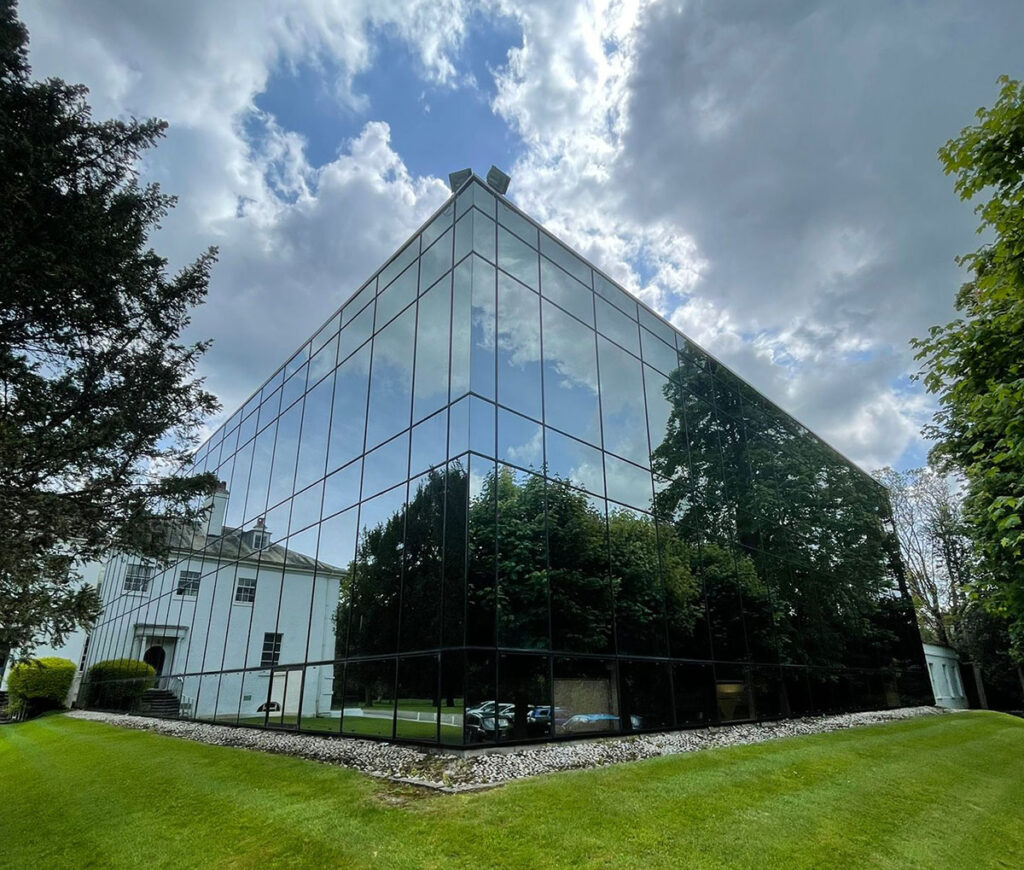Thin film coatings can be applied to windows in existing buildings for solar control and energy-saving purposes. By controlling the entrance of solar radiation through the windows in a spectrally selective manner, it is possible to save energy in air conditioning and enhance the indoor comfort level. This research investigates the properties of thin films and their application in energy-efficient windows. The thermal, solar, visual and daylighting performance of window glass with thin films are examined. The energy and economic impacts of applying thin films are assessed through analytical and simulation methods.
It is found that the primary energy benefit of window films is limiting infrared solar heat gain. Because there are so many variables related to the characteristics and application of window films, it is essential to have the energy impact of the project analysed carefully before committing to a replacement or upgrade project. The amount of savings that will be produced by the film depends on its level of infrared reflectivity, the thermal energy properties, the exposure of the window and the climate where the building is located.

